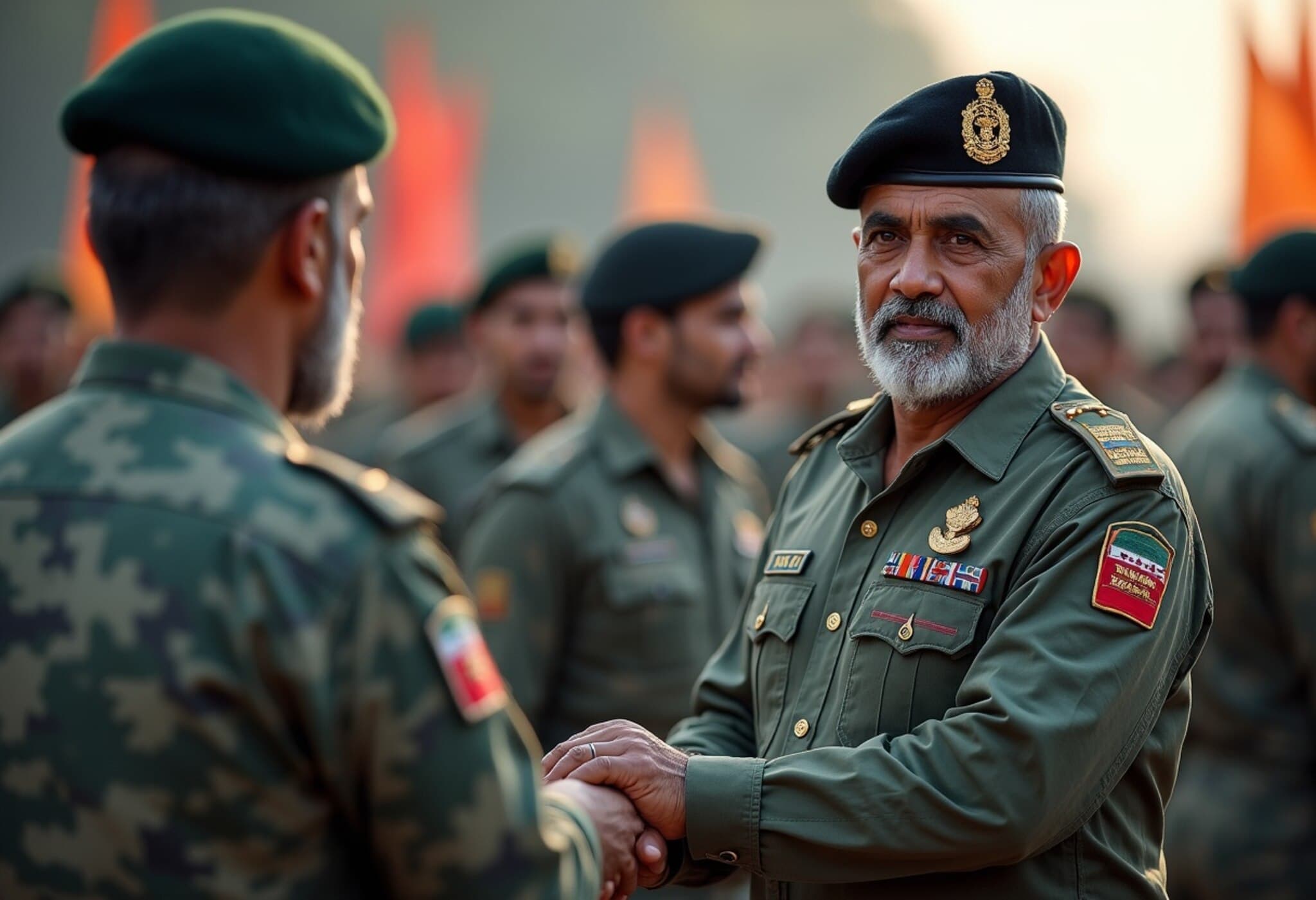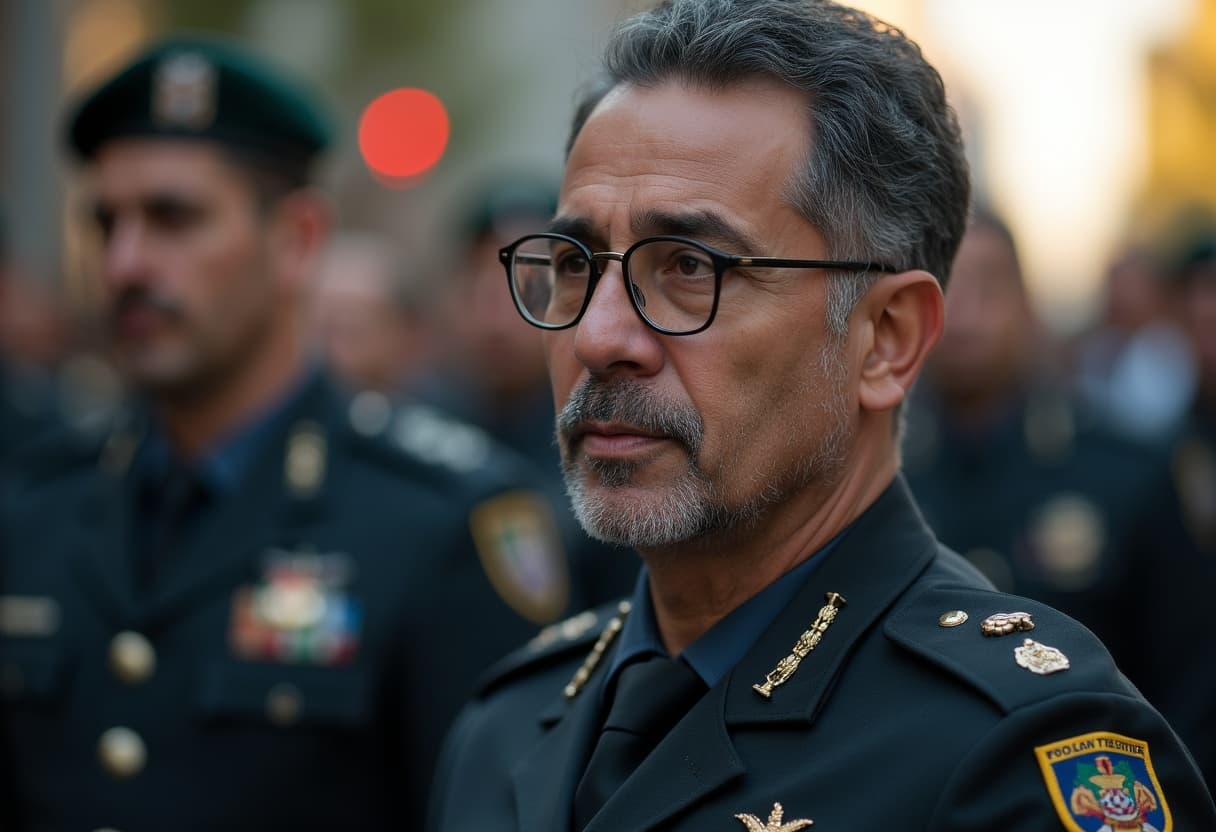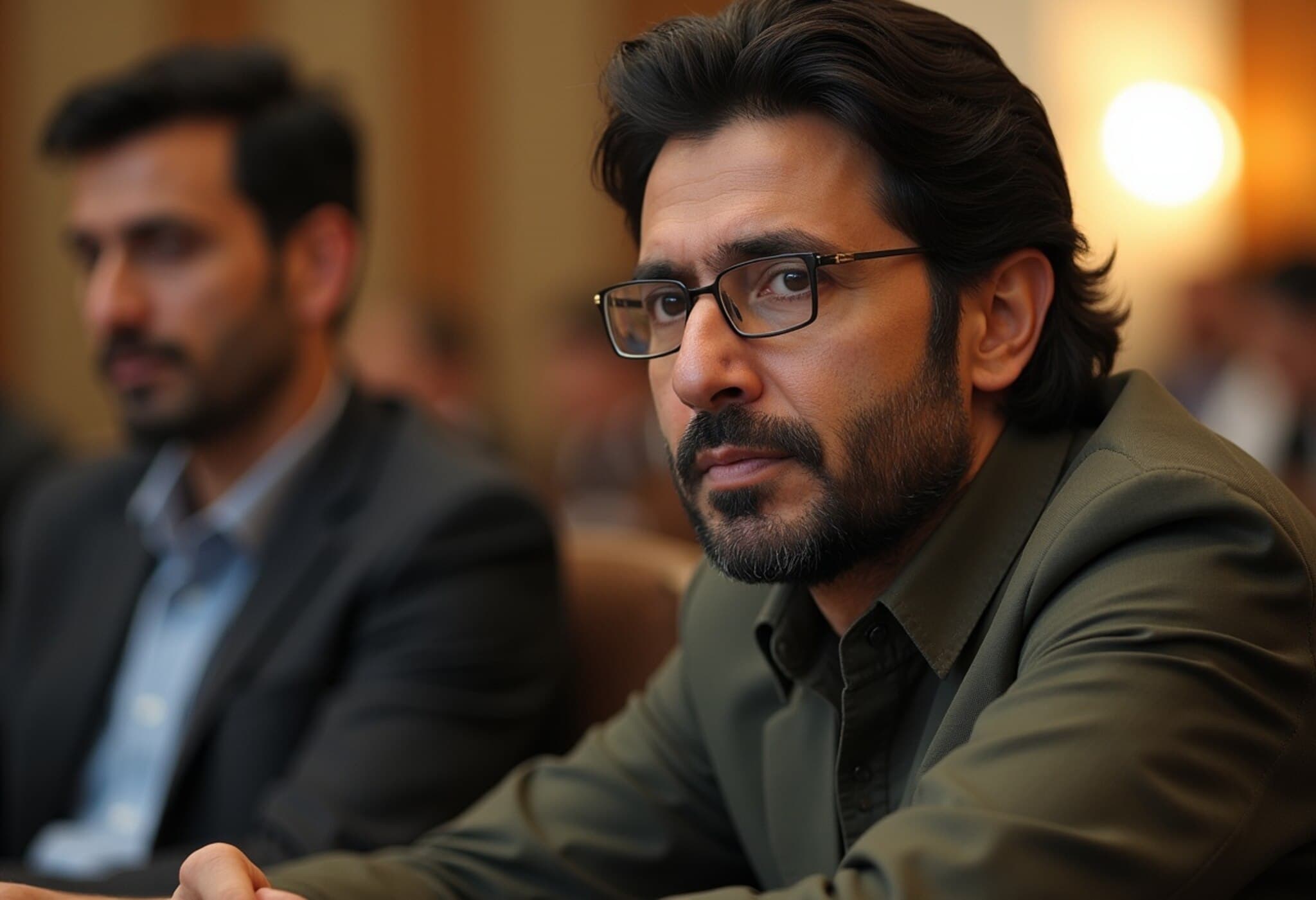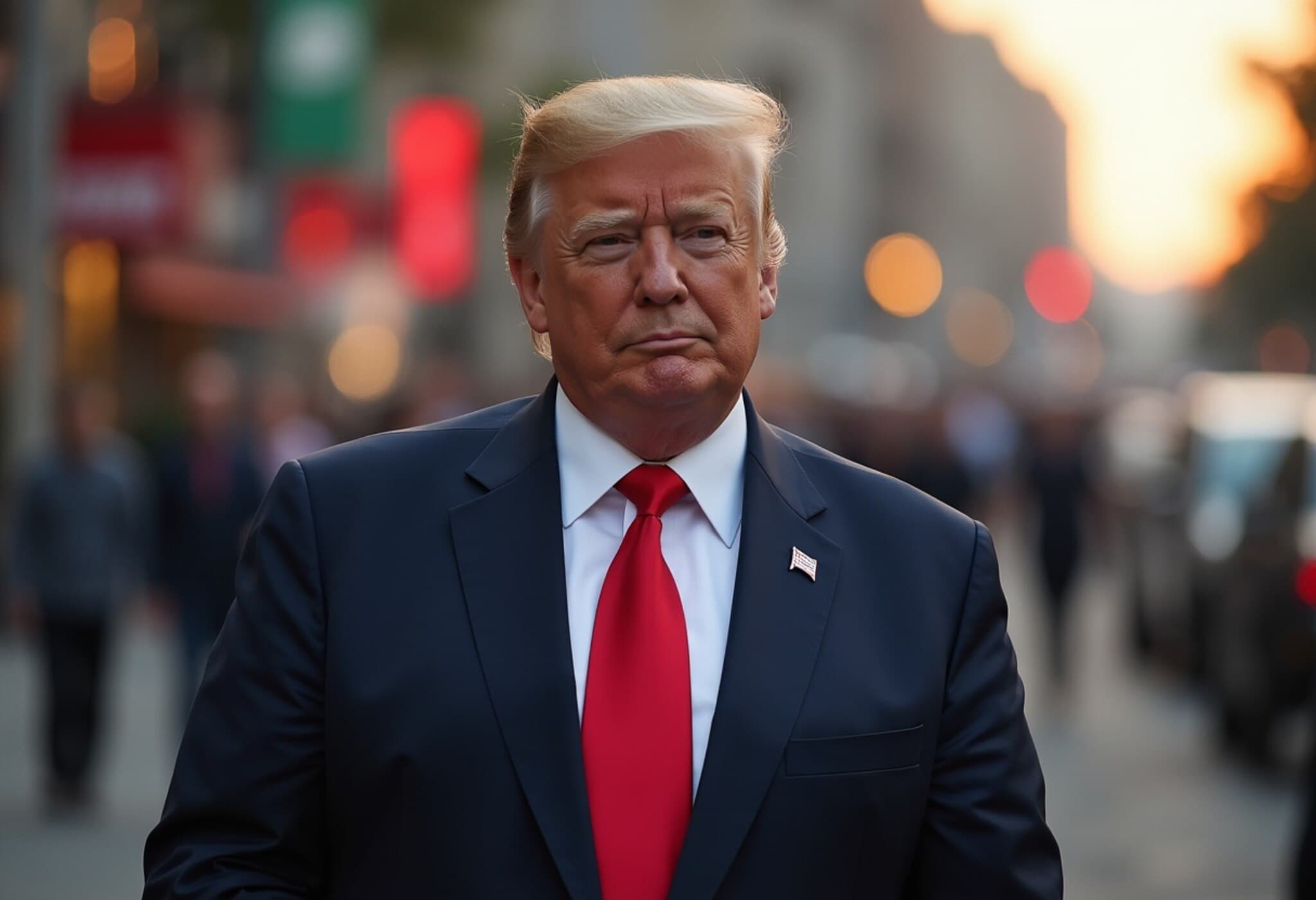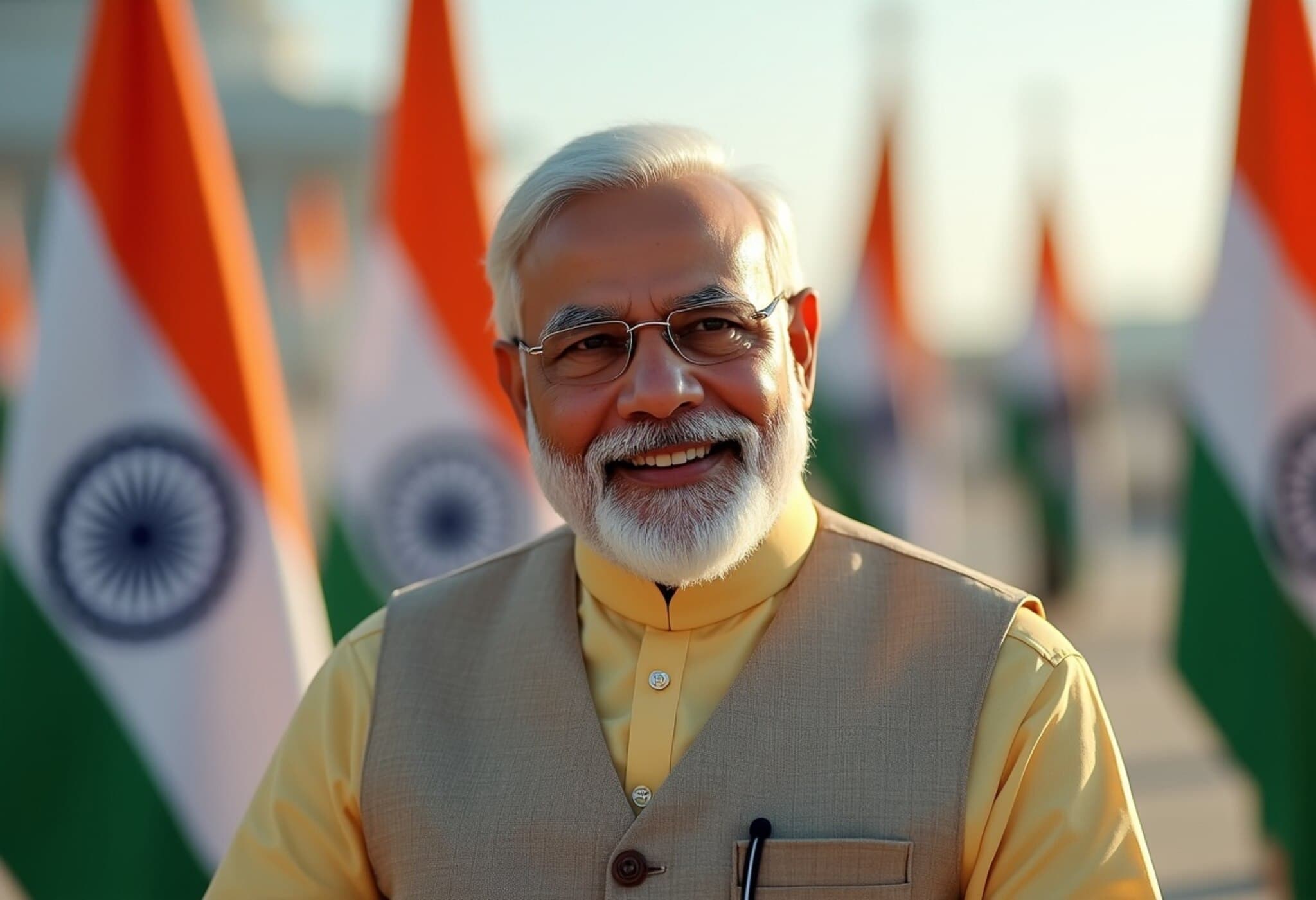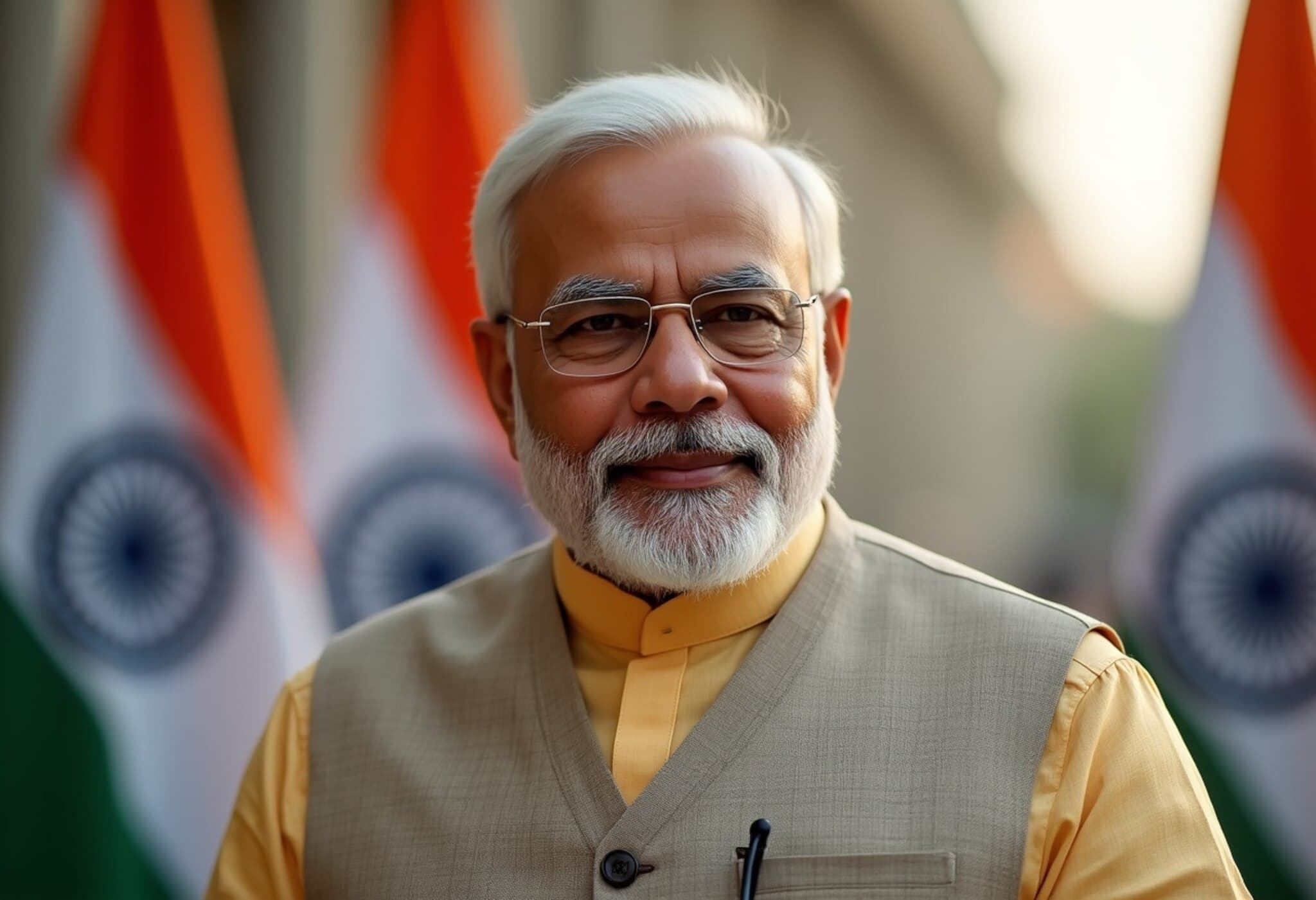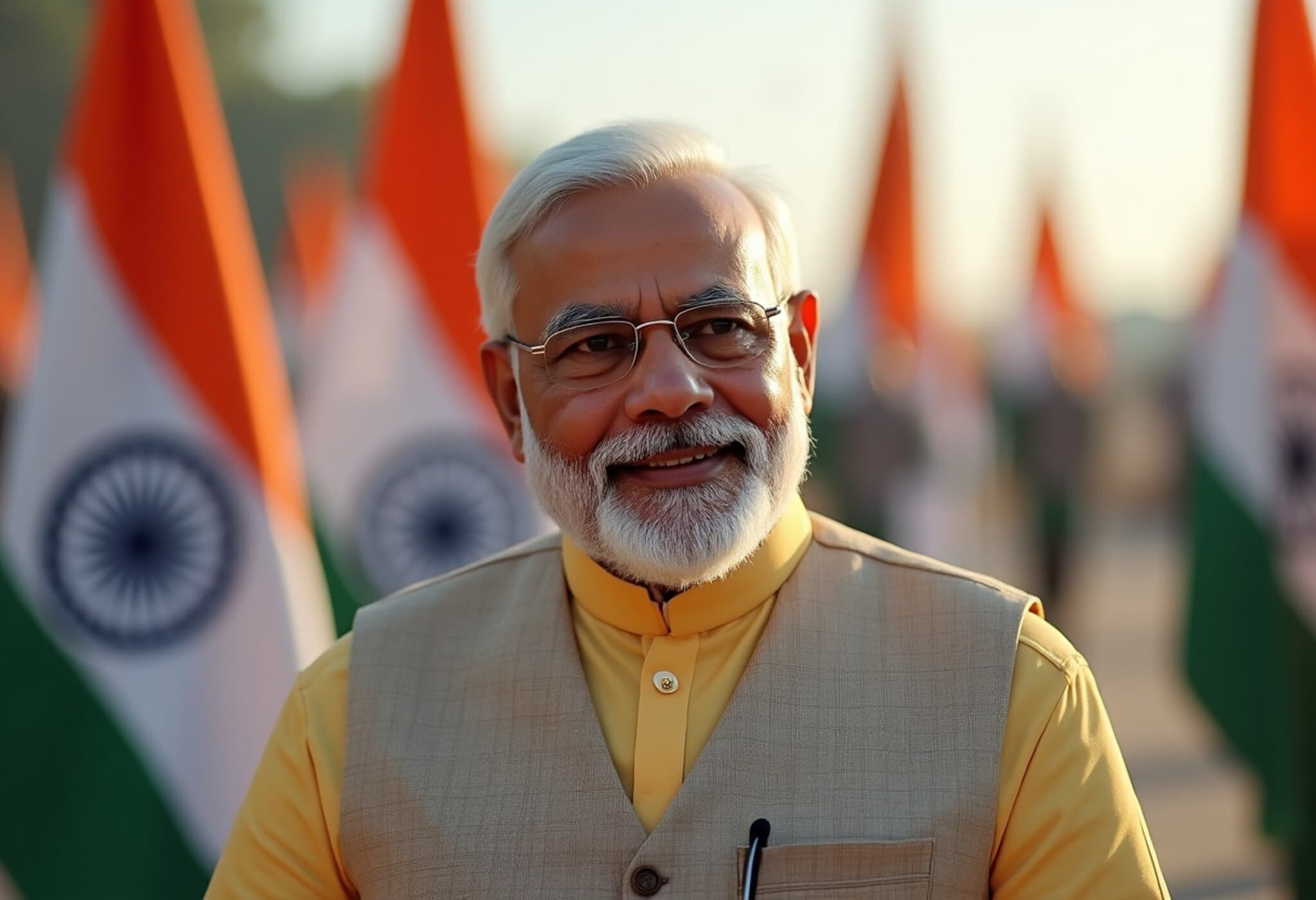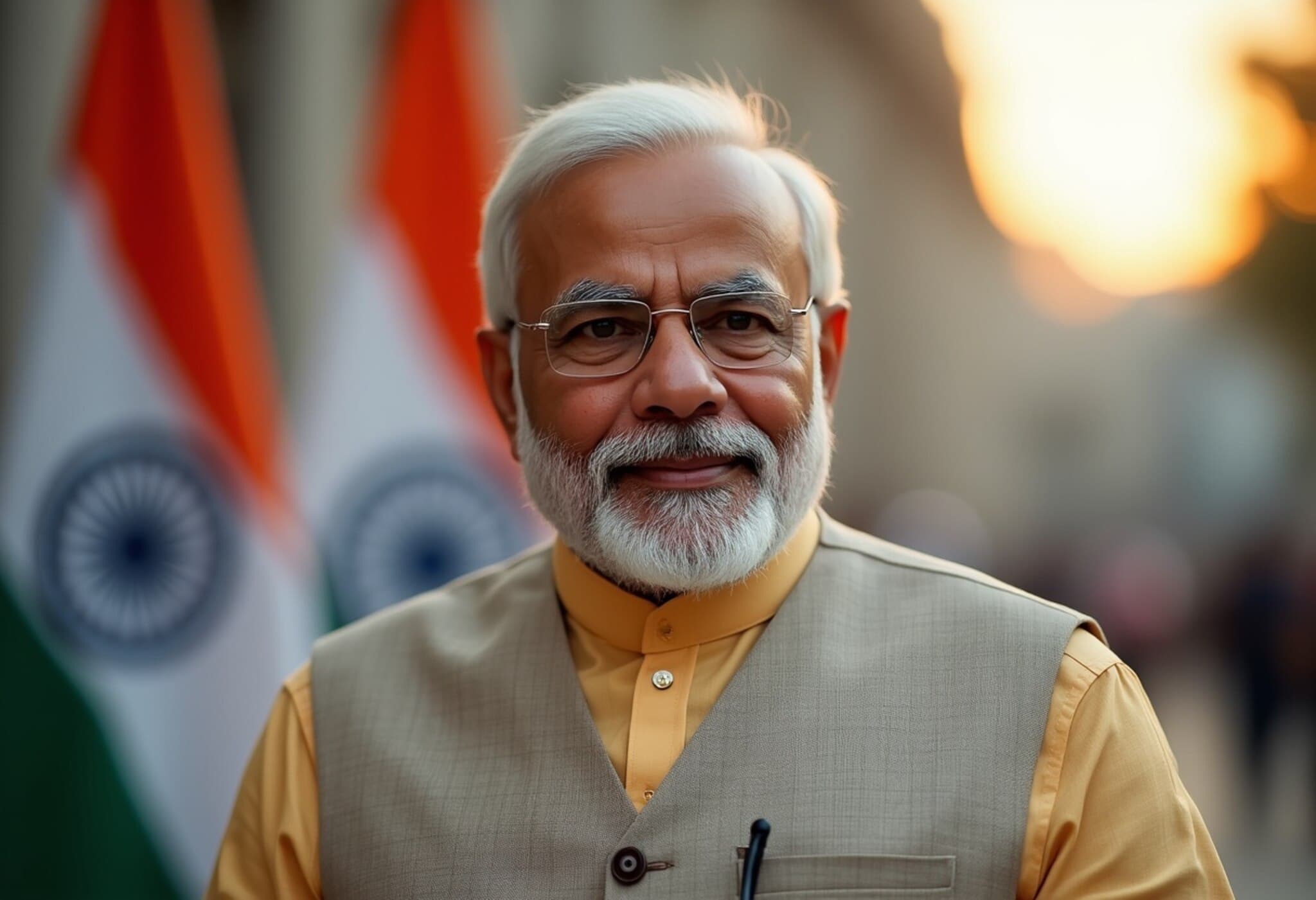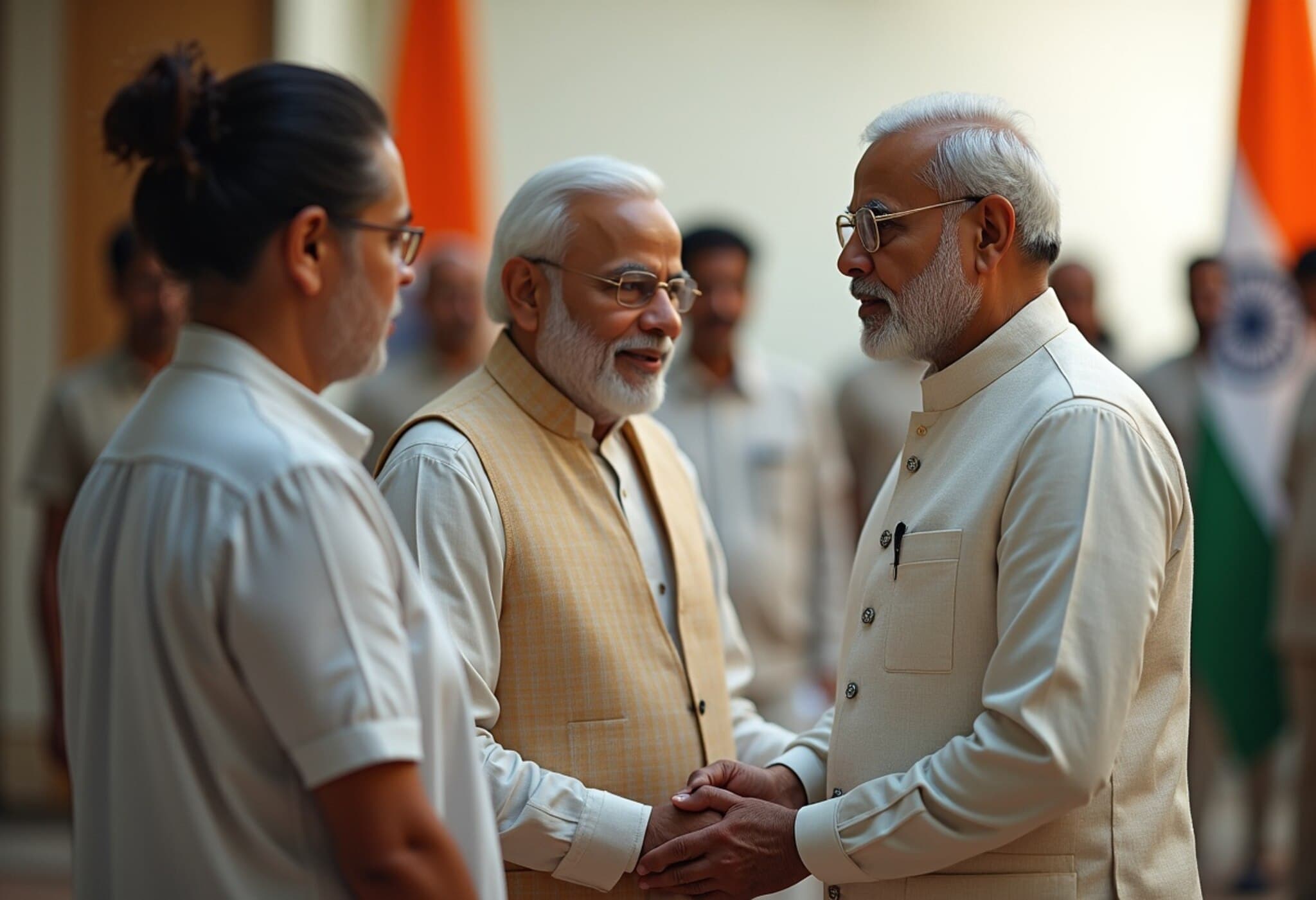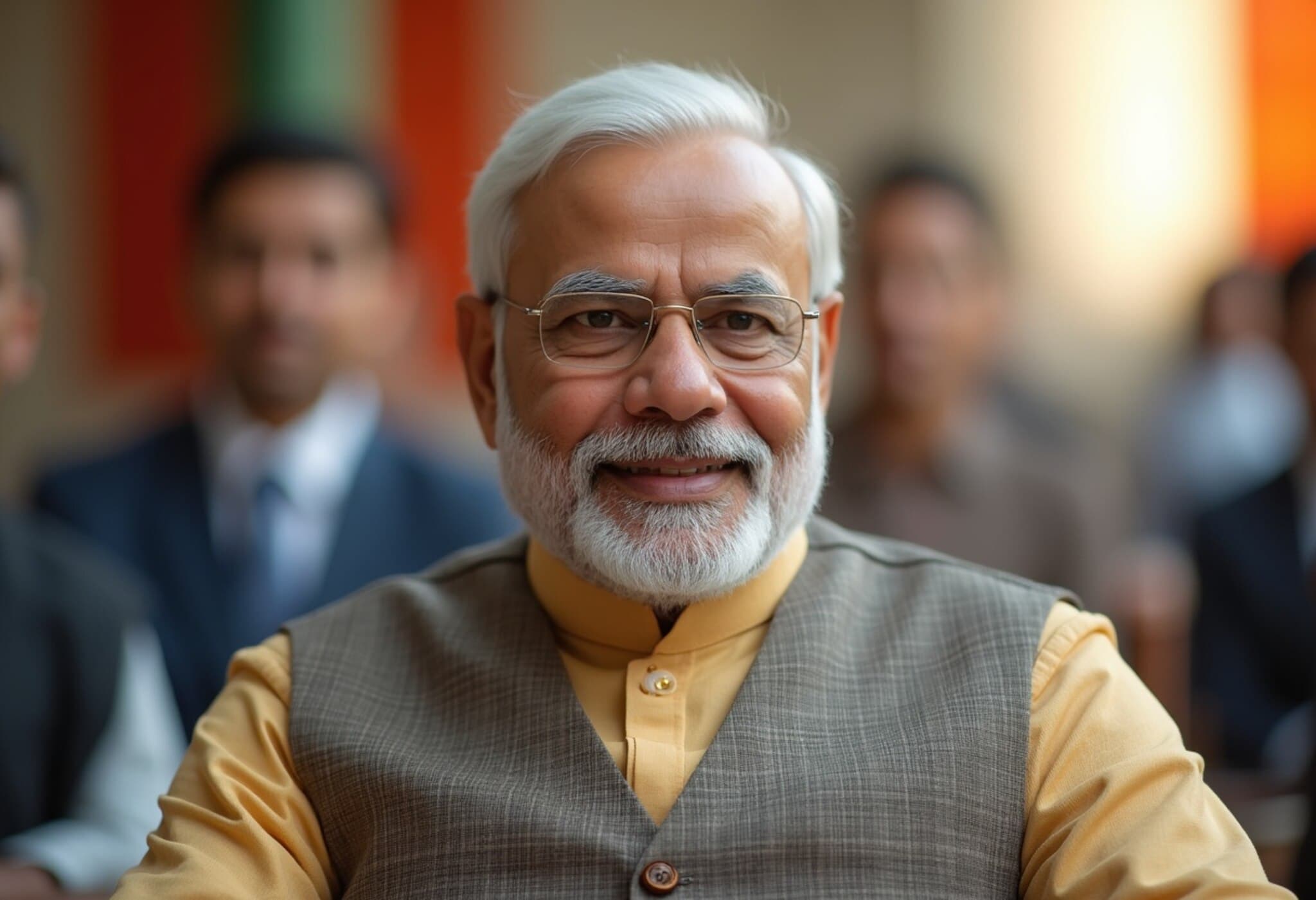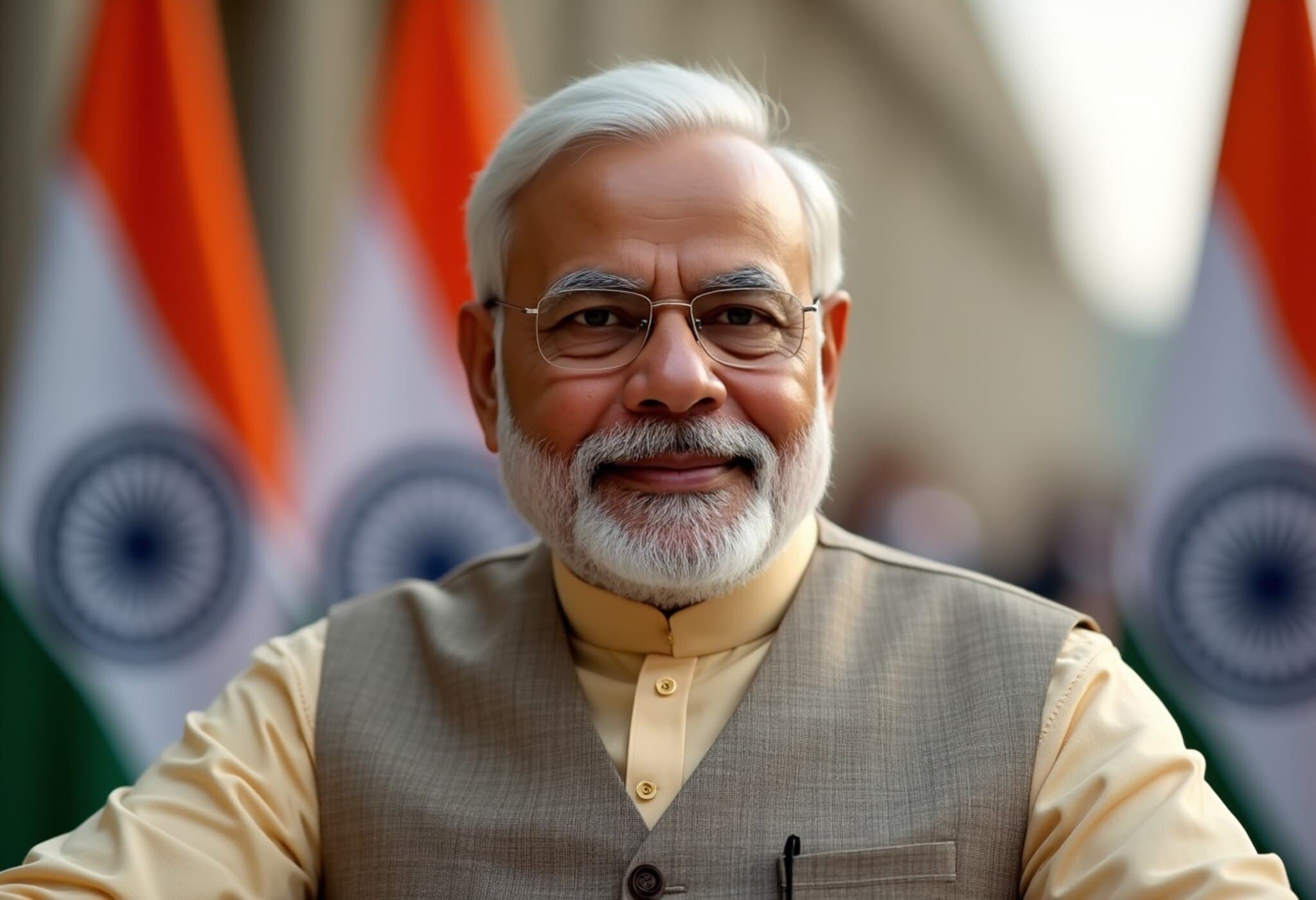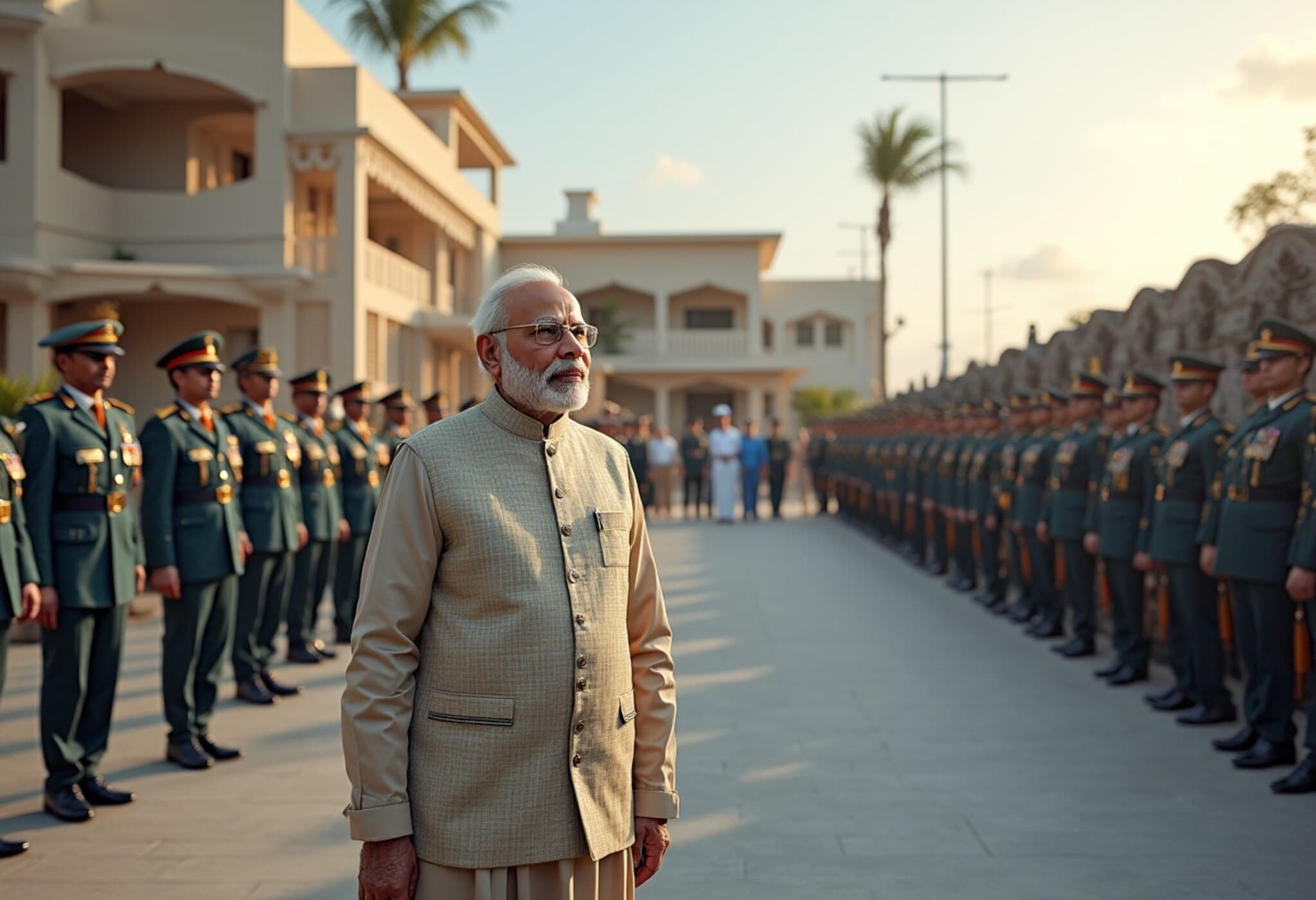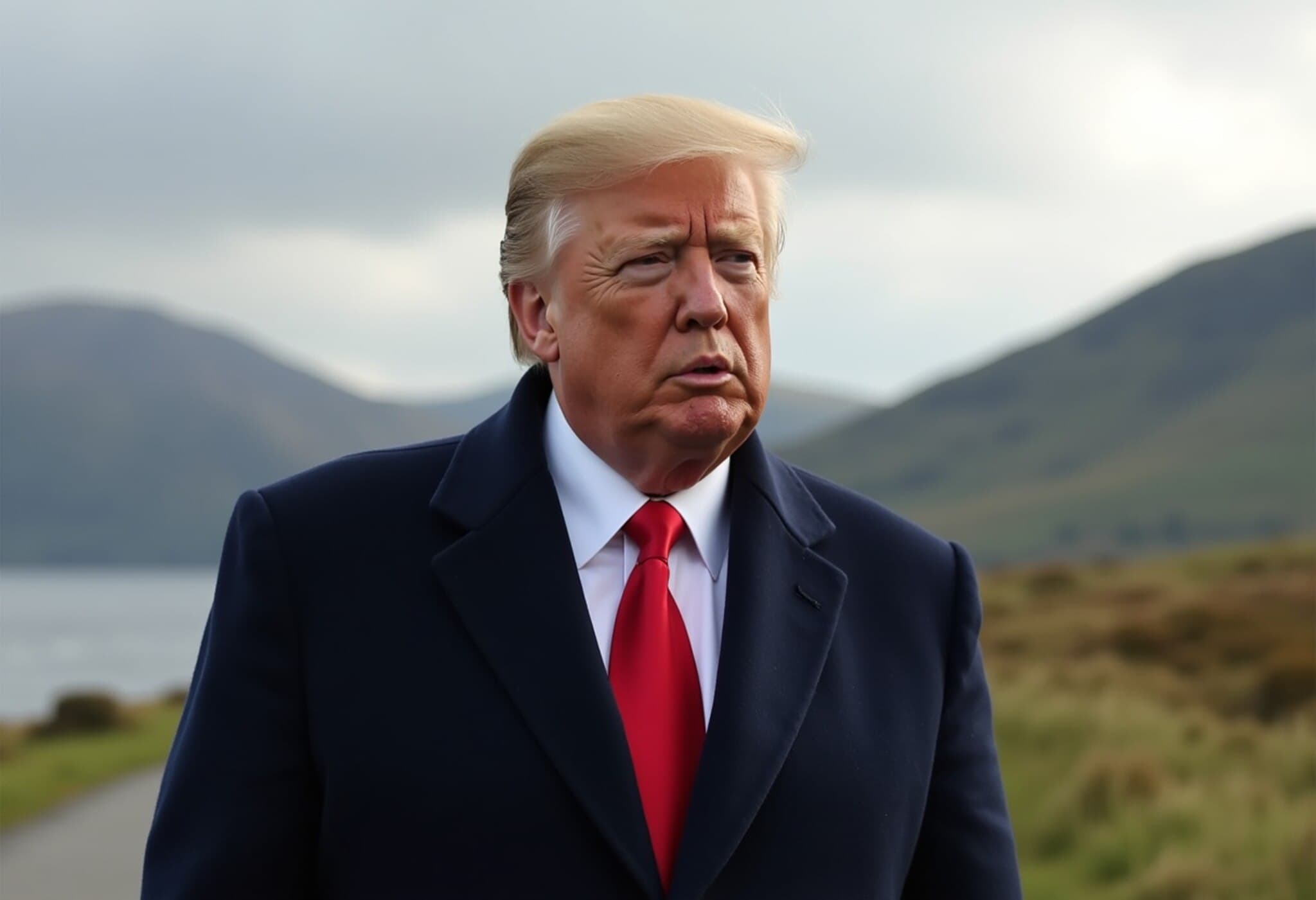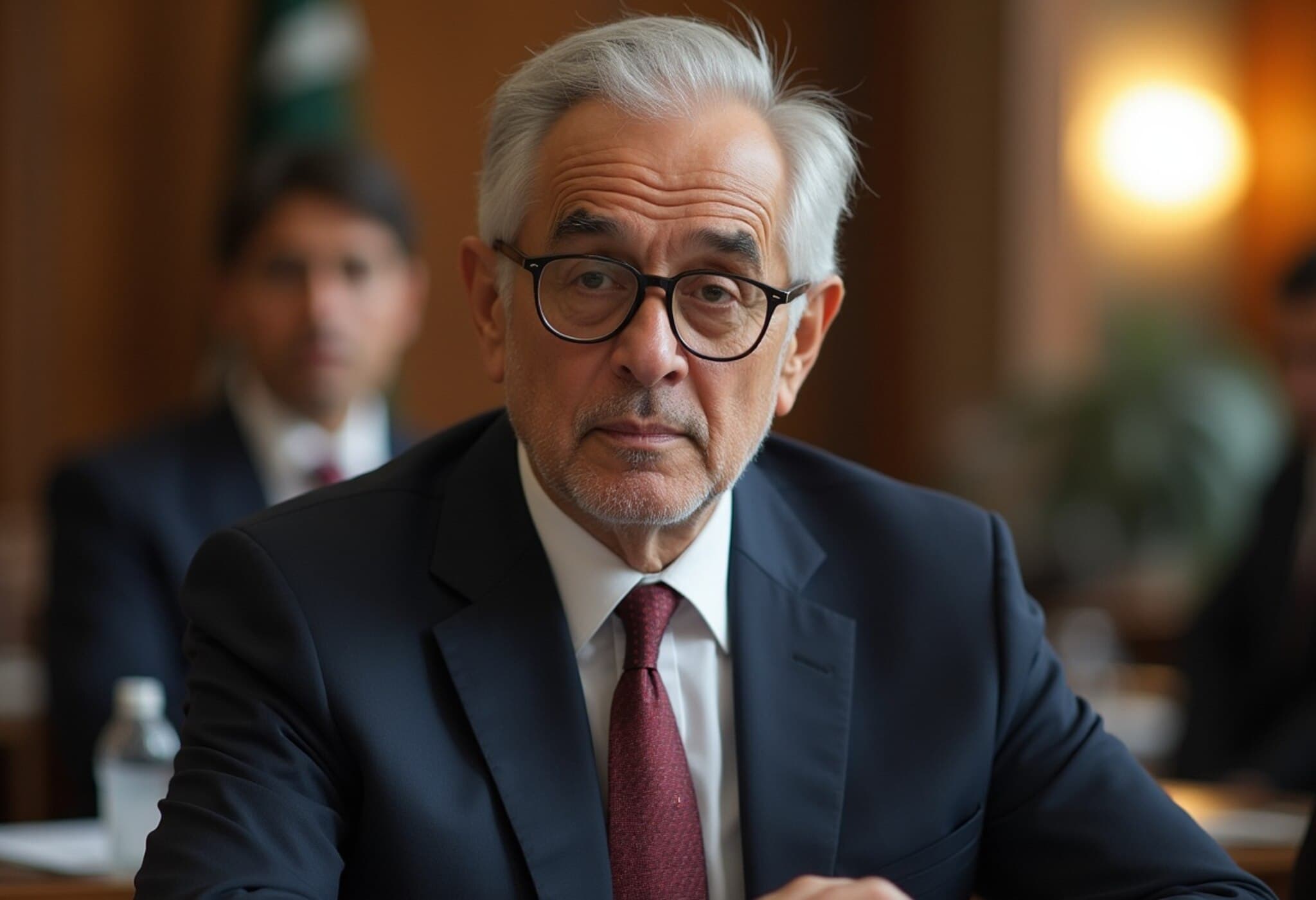Maldives President Mohamed Muizzu Condemns Pahalgam Terror Attack
In a strong and unequivocal statement, Maldives President Mohamed Muizzu reiterated his country's condemnation of the deadly terror attack that struck Pahalgam, Jammu and Kashmir, on April 22, 2025. The attack claimed the lives of 26 civilians and injured at least 17 others, shaking the region and heightening tensions across South Asia.
Commitment to Strengthen Security Cooperation with India
Speaking during a special briefing hosted by India’s Ministry of External Affairs ahead of Prime Minister Narendra Modi's visit to the Maldives, Indian Foreign Secretary Vikram Misri conveyed Muizzu’s firm resolve to collaborate closely with India on vital security matters. The Maldivian president emphasized the importance the island nation places on regional security and underscored a shared commitment toward ensuring peace and stability in the Indian Ocean region.
"There is a high frequency of contacts between the security agencies of India and Maldives," Misri noted. "Both countries are working hand-in-hand to address threats that impact not just their national security, but our collective security in this geopolitically sensitive region." This robust security dialogue reflects an expanding partnership between the two democracies committed to counterterrorism and maintaining regional peace.
Context: The Pahalgam Attack and Its Aftermath
The Pahalgam attack shocked India and its neighbors alike, prompting decisive action from the Indian government. In response, India launched Operation Sindoor on May 7, targeting terrorist infrastructure across Pakistan and Pakistan-occupied Jammu and Kashmir (PoJK). This military operation was followed by a period of heightened military engagements, including successful defense against Pakistani aggression.
Following these developments, dialogue between military leadership on both sides yielded a tentative ceasefire, illustrating the fragile balance in a region marked by deep-seated conflict.
India-Maldives: A Growing Strategic Partnership
Prime Minister Modi’s current two-day visit to the Maldives, extended by President Muizzu, is emblematic of sustained efforts to deepen bilateral ties. These relations go beyond shared geography to encompass economic collaboration, climate resilience, infrastructure development, and crucially, security coordination.
- Shared Security Concerns: Both nations face threats from terrorism and external interference, necessitating close intelligence sharing and joint trainings.
- Regional Stability: Ensuring a peaceful Indian Ocean region is central to their cooperation, tackling piracy, maritime security, and counterterrorism.
- Diplomatic Solidarity: Maldives' vocal support following the Pahalgam attack signals solidarity with India and a united front against terrorism.
Expert Insight: Why Maldives’ Support is Strategically Significant
Though small in size, the Maldives occupies a strategic position in the Indian Ocean, making its role in regional security disproportionately important. By openly denouncing terrorism and strengthening defense ties with India, President Muizzu not only reinforces bilateral goodwill but also contributes to a broader coalition of nations advocating stability against transnational terrorism.
For India, fostering this partnership helps to counterbalance other regional influences and secures vital maritime routes essential for trade and energy security. For the Maldives, alignment with a regional superpower offers security assurances amid growing geopolitical tensions.
Looking Ahead: Challenges and Opportunities
While the pledge for enhanced security cooperation is encouraging, it also prompts critical questions:
- How will India and Maldives operationalize joint intelligence and counterterrorism efforts on the ground?
- What mechanisms are in place to ensure continuous communication and rapid response to emerging threats?
- Can this bilateral cooperation be expanded to include multilateral frameworks involving other Indian Ocean littoral states?
Answering these questions will be essential to convert diplomatic declarations into sustained security outcomes.
Editor's Note
The reaffirmation of Maldives’ condemnation of the Pahalgam attack and its vow to bolster security ties with India illustrates more than just diplomatic courtesy—it marks a pivotal evolution in regional security architecture. As two democracies sharing critical maritime corridors, their collaboration against terrorism underscores an emerging strategic resilience in South Asia.
However, real-world results will depend on the depth of operational engagement and the ability to build trust in a region fraught with historical tensions. For observers and policymakers alike, the Maldives-India security partnership merits close attention as a potential stabilizing force amid uncertain regional dynamics.

